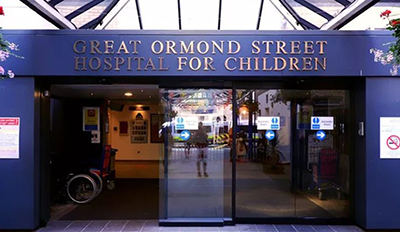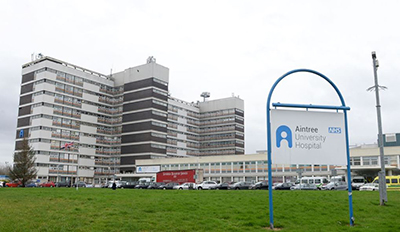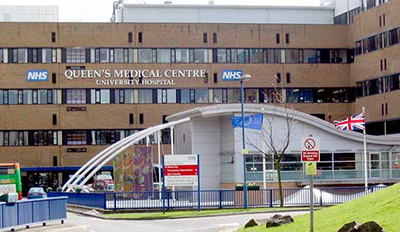The Best Scleroderma Clinics in the UK
Specialist scleroderma clinics are vital to ensure the best care and treatment of scleroderma patients, as well as patients with rare diseases sharing some of the signs and symptoms of the disease. Having a specialist clinic offers not only the experience, knowledge, and understanding of medical specialists but the best chance of early diagnosis so that as many treatment options are available before any life-threatening irreversible damage presents itself.
Expert specialist clinics
Aside from the expertise that specialist clinics offer, they also have the advantage of improving the patient experience and providing the opportunity for patients to register for research purposes which may lead to the development of improved treatments and an improved understanding as to what causes the disease, and how it progresses as well as being part of a global research network.
Scleroderma clinics also serve as a place for patients to meet with others who are going through a similar experience. Even though no two scleroderma patients present with the exact same set of symptoms, the clinics provide an excellent opportunity to share coping and management techniques, as well as alleviating some of the isolation many patients experiences.
Scleroderma Unit, Royal Free Hospital, London
Led by Professor Christopher Denton, this world-class centre of expertise is a leading light globally in the scleroderma global research field. The team includes Dr Huw Beynon, consultant rheumatologist and general physician, Dr Emma Derrett-Smith, consultant rheumatologist and Dr Richard Stratton, consultant in rheumatology and general medicine among others. All members of his team are dedicated and have expert knowledge of their field. They are extremely thorough, and although the disease can be alarming, they give such reassurance you can only feel better to be in their care.

Great Ormond Street Hospital, London
The best scleroderma clinic for children (paediatrics) is held in the rheumatology department at Great Ormond Street Hospital. The department treats a range of conditions including juvenile idiopathic arthritis, juvenile dermatomyositis as well as scleroderma, being both systemic sclerosis and localised scleroderma.

Alder Hey Children's Foundation NHS Trust
Alder Hey is recognised as one of the leading paediatric rheumatology units in the UK, providing specialist care to patients and leading research into better, safer treatment and interventions for children with rheumatology conditions, including scleroderma. They use a wide range of medications and therapies to care for patients with severe chronic inflammatory conditions, including but not exclusively, scleroderma. The clinicians take into consideration that scleroderma has an enormous impact on the child, as well as the wider family.

University Hospital, Aintree, Liverpool
University Hospital’s Rheumatology unit is a UK centre of excellence for clinical care, training and research. Patients can participate in clinical trials and have access to the latest drugs and treatments. The unit has a multi-disciplinary team which includes a Scleroderma service. There is also a nurse-led clinic for patient education, support and advice and for monitoring patients on biologic therapies.

Queens Medical Centre, Nottingham
The Clinical Immunology and Allergy department is managed by Nottingham University Hospitals NHS Trust and provides comprehensive treatment for adults with allergic conditions, immunodeficiency and a rare group of illnesses called the autoinflammatory disease of which scleroderma is one.

Dublin Academic Medical Centre
The Dublin Academic Medical Centre, a consortium of St Vincent's and the Mater hospital with University College Dublin acts as an interface between the patient with scleroderma and the doctor, facilitating appointments, conducting diagnostic tests, explaining symptoms, treatments, tests and side-effects, and answering the questions of patients and their families. Having a scleroderma nurse has enabled patients to be diagnosed and treated early.

